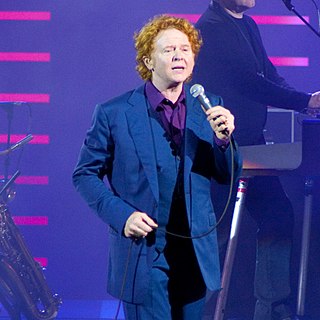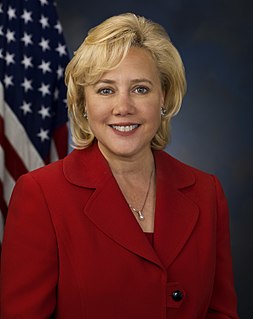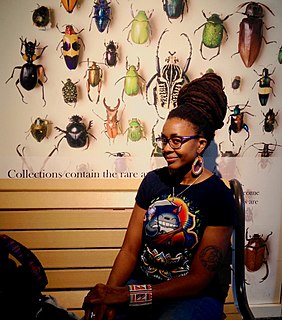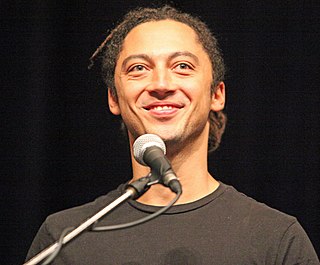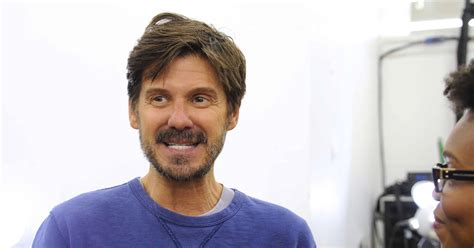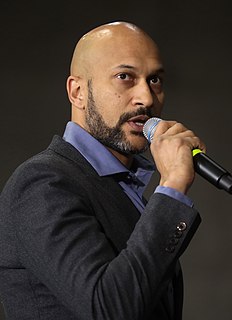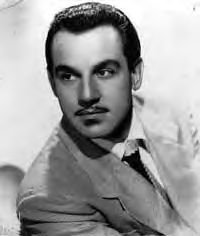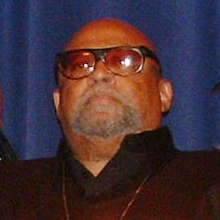Top 1200 African Culture Quotes & Sayings
Explore popular African Culture quotes.
Last updated on December 19, 2024.
Flamenco is connected with so many types of music. It has Jewish culture inside, Arabian culture inside, Russian culture inside, Spanish culture inside. It's linked to African music too, because African music has the 'amalgama' rhythms you can find in flamenco. You can find everything in flamenco. That's why it's so beautiful.
People take pride in being Irish-American and Italian-American. They have a particular culture that infuses the whole culture and makes it richer and more interesting. I think if we can expand that attitude to embrace African-Americans and Latino-Americans and Asian-Americans, then we will be in a position where all our kids can feel comfortable with the worlds they are coming out of, knowing they are part of something larger.
We do not have a South African as a member of the African Commission. The President of the Commission comes from Mali, the Deputy comes from Rwanda and then we have got all these other members, ordinary commissioners. There is no South African there. And the reason, again, for that is not because we didn't have South Africans who are competent.
I love my own culture. I love my African-American culture very deeply, and I know it deserves to be honored. You have to be aware that people are suffering unjustly, and given our own history we have a duty to stand for the people who are being treated like our parents and grandparents and children were treated.
So in Jamaica it is the aim of everybody to talk English, act English and look English. And that last specification is where the greatest difficulties arise. It is not so difficult to put a coat of European culture over African culture, but it is next to impossible to lay a European face over an African face in the same generation.
One of the things that made the Black Muslim movement grow was its emphasis upon things African. This was the secret to the growth of the Black Muslim movement. African blood, African origin, African culture, African ties. And you'd be surprised - we discovered that deep within the subconscious of the black man in this country, he is still more African than he is American.
Writing has always been a serious business for me. I felt it was a moral obligation. A major concern of the time was the absence of the African voice. Being part of that dialogue meant not only sitting at the table but effectively telling the African story from an African perspective - in full earshot of the world.
That argument doesn’t make any sense to me. So we want to advance as a society and as a culture, but, say, if something happens to an African-American, we immediately come to his defense? Yet you want to talk about how far we’ve progressed as a society? Well, if we’ve progressed as a society, then you don’t jump to somebody’s defense just because they’re African-American. You sit and you listen to the facts just like you would in any other situation, right? So I won’t assert myself.
For the first time since I began acting, I feel that I've found my place in the world, that there's something out of my own culture which i can express and perhaps help others preserve..i have found out now that the African natives had a definite culture a long way beyond the culture of the Stone age...an integrated thing, which is still unspoiled by western influences...I think the Americans will be amazed to find how many of the modern dance steps are relics of African heritage.
Since the 1960s, mainstream media has searched out and co-opted the most authentic things it could find in youth culture, whether that was psychedelic culture, anti-war culture, blue jeans culture. Eventually heavy metal culture, rap culture, electronica - they'll look for it and then market it back to kids at the mall.
The [Kwanzaa] holiday, then will of necessity, be engaged as an ancient and living cultural tradition which reflects the best of African thought and practice in its reaffirmation of the dignity of the human person in community and culture, the well-being of family and community, the integrity of the environment and our kinship with it, and the rich resource and meaning of a people's culture.
Many teachers of the Sixties generation said "We will steal your children", and they did. A significant part of America has converted to the ideas of the 1960s - hedonism, self-indulgence and consumerism. For half of all Americans today, the Woodstock culture of the Sixties is the culture they grew up with - their traditional culture. For them, Judeo-Christian culture is outside the mainstream now. The counter-culture has become the dominant culture, and the former culture a dissident culture - something that is far out, and 'extreme'.
It seemed [there are] musical nodes on the planet where cultures meet and mix, sometimes as a result of unfortunate circumstances, like slavery or something else, in places like New Orleans and Havana and Brazil. And those are places where the European culture and indigenous culture and African culture all met and lived together, and some new kind of culture and especially music came out of that.
We know that the African regimes, many African regimes have failed their people and many Africans want regime change, and there are a lot of African leaders who make promises but don't carry them out. I mean, the progress - I mean, it is noble for the rich countries to help Africa, but then the question is: What are African leaders themselves doing to help their own people?










